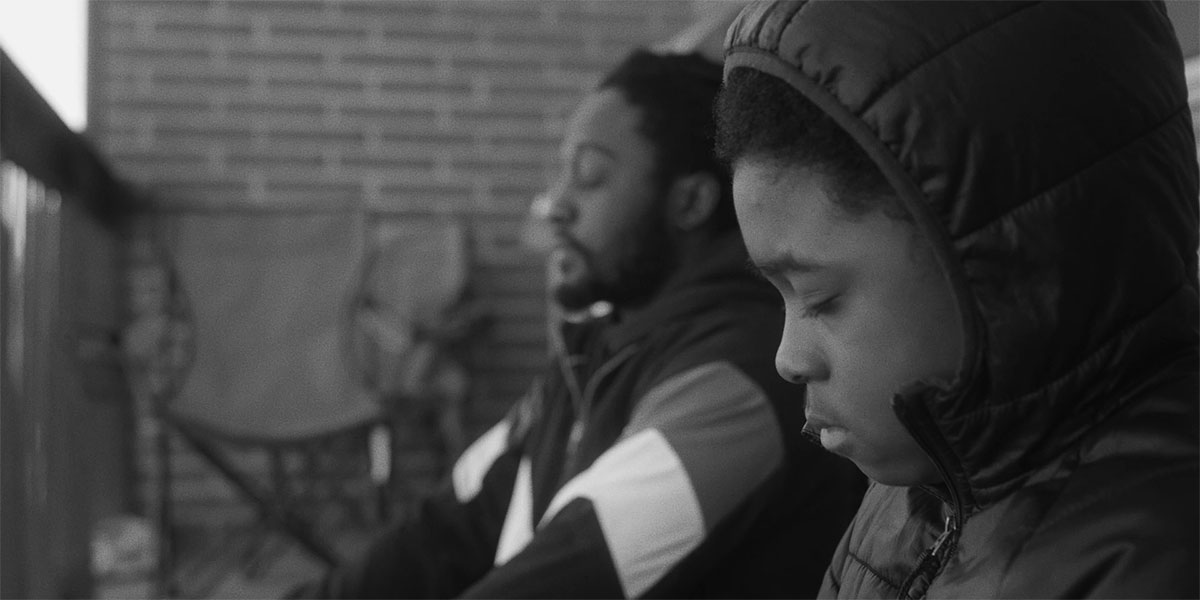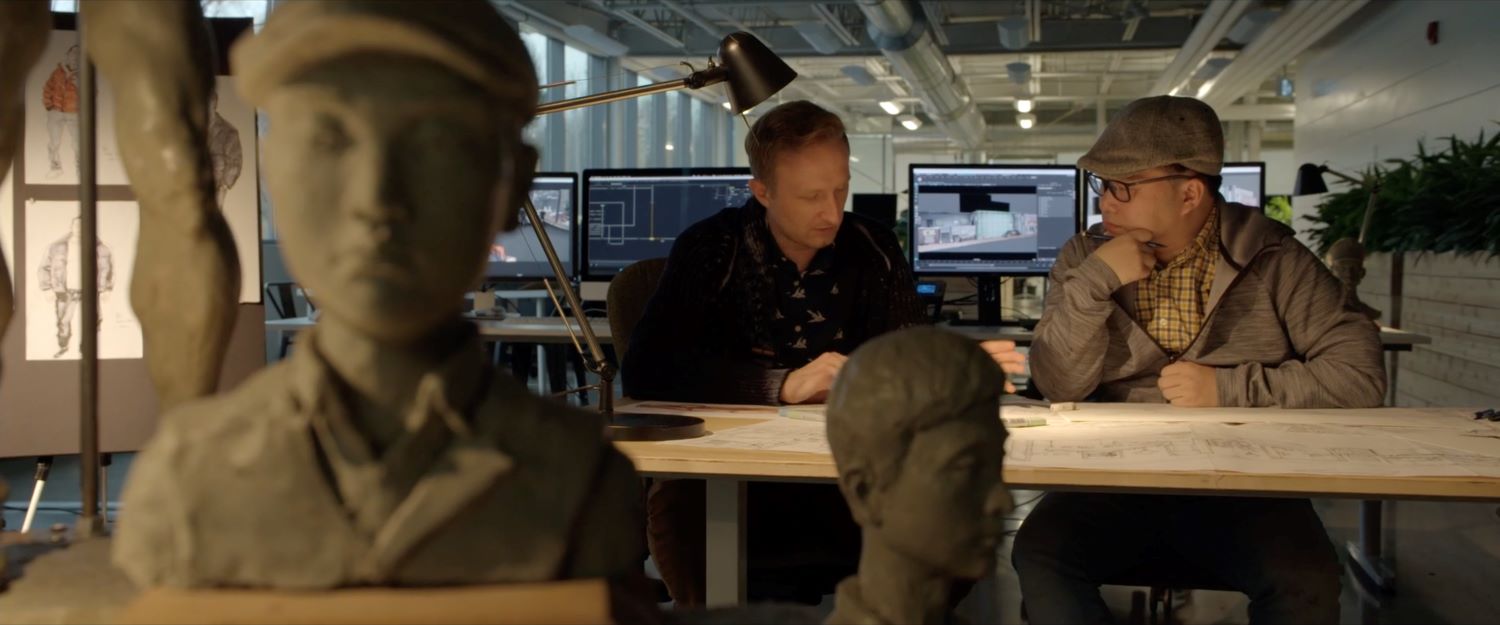Quiet Minds Silent Streets
(Canada, 17 min.)
Dir. Karen Chapman
Programme: Short Cuts
Meditation has long been touted as an essential tool for mental and physical health. Its commercial appeal saw a huge resurgence during the pandemic as businesses all over were prompting apps like Headspace to help their employees better balance the stresses of work and their personal lives. The benefits of meditation go beyond the individual though, as one observes in Karen Chapman’s powerful documentary short Quiet Minds Silent Streets, which shows that it can also be a vital tool to curb gun violence in communities.
Opening with a content advisory warning, Chapman leads the viewers in a meditation breathing session to get everyone centred and prepared for what is to come. As if providing a warm cloak before taking us through the cold valley of hard truths, this unique approach is surprisingly effective. It allows one to carry the full weight of the fear and grief that residents of the community of Malton have endured without feeling as if one is being crushed by it.
In 2019 the community of Malton in Mississauga, Ontario was rocked by a horrific mass shooting that took place in broad daylight behind an apartment building. Two sets of cars pulled into a parking lot and seven armed individuals exited and opened fire on a group of people who had congregated nearby. 144 rounds were fired with stray bullets hitting neighboring buildings, cars, and bystanders. 17-year-old Jonathan Davis was one on of those innocent bystanders who was struck and killed on that frantic day.
Briefly showing surveillance footage of the tragic shooting, with the sound of repeated gunfire filling the air like fireworks as people scattered seeking safety, Chapman uses interviews with members of the community to remind us that this could have happened anywhere. In listening to individuals talk about the fear, anger and mental toll shootings have had on their lives, it is easy to see how such an incident could lead a community to plunge into a spiral of despair. That is not what occurred in Malton though, as they found a way to swim against the current and lift each other up in the process.
Inspired by a TED Talk that Director X held on mindfulness and meditation, a group of students with the help of their teacher started to incorporate introspection into their daily routine. Having had a close encounter with gun violence himself, the famed director known for his iconic music videos and feature films Across the Line and Superfly, Director X founded Operation Prefrontal Cortex, an organization that aims to combat gun violence through meditation. Taking a revolutionary and free approach to solving the problem, the organization believes that violence can be curbed if one is taught how to regulate the feelings of fear and anxiety, common triggers in shootings, through breathing techniques.
By centering the mind, the techniques not only enhance one’s reasoning and decision-making skills, but also helps to eliminate the impulses that often lead to violent actions. As Director X and others highlight in the documentary, if we embraced teaching meditation from a young age, it would save lives and lead to a positive trajectory for those in impoverished communities. While Chapman’s film concentrates on the benefits on meditation, she also makes it clear that the various systems that govern our society, everything from school boards to Toronto City Hall, have little interest in changing the status quo.
Despite their numerous proclamations to be vigilant against gun violence and the importance of child safety, Malton’s powers-that-be evidence a clear lack of willingness to try new ideas even if it won’t cost them a dime. They simply do not show any sense of urgency when it comes to matters of marginalized communities and those who police them. In one disheartening moment, Director X notes the lack of concern that Toronto council expressed despite providing them with statistics on the mental toll of policing on officers and how meditation could improve that industry as well.
While the onus has sadly been placed on communities to embrace meditative approaches on their own, Chapman’s film uses Malton as an example of the positive outcomes that can occur. The students learned the techniques of meditation, taught it to their peers, and helped to reduce violence in the area. In showing that one can uproot the roots of gun violence by thinking outside the box, Quiet Minds Silent Streets is an important work that will open one’s mind to the power of meditation.
Quiet Minds, Silent Streets premiered at TIFF 2022.












